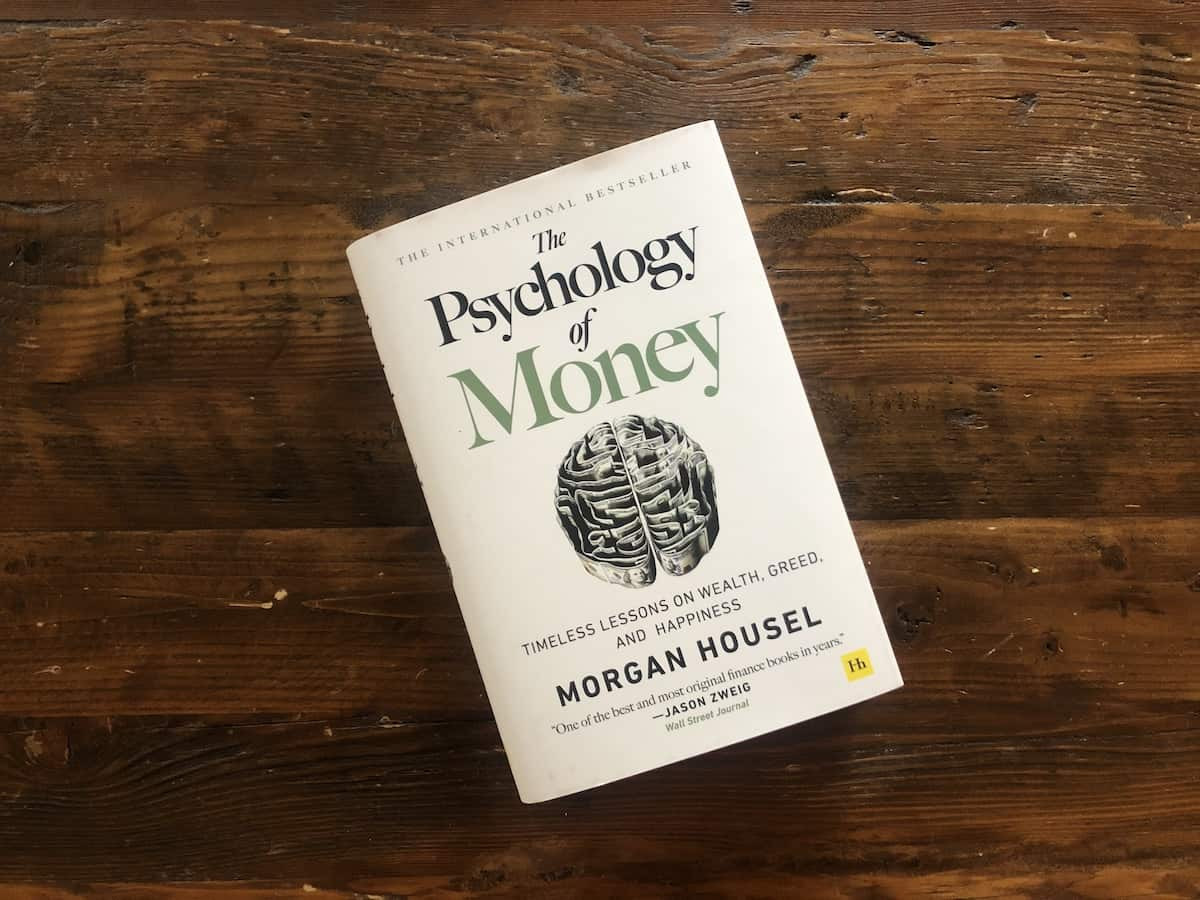Summary of "The Psychology of Money": Key Takeaways & Review

The Psychology of Money by Morgan Housel explores how our emotions and behaviours influence financial decisions. Unlike traditional finance books focusing on technical advice, this book delves into why people often make poor financial choices, even when they know better. First published in 2020, it challenges the idea that being good with money is all about intelligence—it’s more about how we think and act.
Here’s a deeper look into the key lessons from the book and how they can shape your approach to money.
The Psychology of Money Book Summary at a Glance
Housel emphasizes that personal finance is less about numbers and more about behaviour. People's financial decisions are shaped by their personal experiences, which vary greatly. Therefore, what seems like a smart decision for one person might look risky or foolish to another. The book highlights that financial success doesn’t require a high IQ but rather self-discipline, long-term thinking, and understanding your own relationship with money.
Key Takeaways from The Psychology of Money by Morgan Housel
Wealth is What You Don’t See
- Wealth is not the flashy car or the big house. True wealth is the money that remains unspent, such as savings and investments. Many people spend money to show their wealth, but real wealth is having assets that grow over time, giving you financial freedom and security. The focus should be on accumulating hidden wealth, not showing off.
Compounding is the Most Powerful Force
- One of the strongest lessons in the book is the importance of compounding. Thanks to compound interest, small investments made consistently over time can result in large amounts of wealth. It’s not about making huge returns quickly but about allowing your investments to grow steadily over time. Housel uses examples like Warren Buffett, whose wealth largely came from the power of compounding over decades.
Your Experience with Money is Unique
- Everyone’s approach to money is shaped by their unique experiences. What may seem risky or smart to one person might be influenced by how they grew up or their past experiences with financial success or failure. Housel explains that personal finance is more subjective than we often realize, so copying someone else’s strategy may not always work for you.
Embrace Risk and Uncertainty
- Risk is a part of life, especially in financial markets. Housel emphasizes that you can’t control everything, but you can control how you react to uncertainty. Instead of avoiding risk, successful investors learn how to manage it and accept that things won’t always go according to plan. This mindset helps you stay calm and make better decisions during market downturns or personal financial setbacks.
Save to Gain Freedom, Not Just Wealth
- Saving money isn’t just about becoming rich. It’s about creating options and flexibility in life. Having money saved gives you the freedom to make decisions without being pressured, whether it’s changing careers, taking time off, or handling an unexpected emergency. The more you save, the more freedom you have to make choices that improve your life.
Behavior Matters More Than Knowledge
- Knowing all the right financial strategies doesn’t guarantee success if you can’t control your behaviour. Housel points out that things like patience, discipline, and emotional control are much more important than intelligence in determining financial success. The best investors aren’t necessarily the smartest, but they are the ones who can stick to their plan and avoid emotional reactions to market fluctuations.
Think in Decades, Not Days
- Long-term thinking is essential for building wealth. Housel encourages readers to avoid focusing on short-term market movements or immediate gratification. Instead, the key to financial success is considering where you want to be in 10, 20, or 30 years. The stock market and other investments will have ups and downs, but if you stay focused on the long-term, the overall trend will likely be upward.
The Five Big Ideas
Wealth is Hidden
- True wealth is in your savings and investments, not in what you buy to show off.
Compounding is Your Best Friend
- Let your money grow over time with compound interest. Even small amounts can grow significantly if given enough time.
Your Financial Journey is Yours
- Everyone's approach to money is shaped by their unique experiences. Focus on what works for you rather than copying others.
Take Calculated Risks
- Financial risk is unavoidable. Learn to manage it and embrace the uncertainty.
Good Behavior Beats Knowledge
- You don’t need to be a financial genius to succeed. Self-control, discipline, and long-term thinking are more important than knowing every detail.
Notable Quotes from The Psychology of Money
- “Wealth is what you don’t see.”
- “The ability to do what you want, when you want, with whom you want, for as long as you want, is priceless.”
- “Compounding is not just about numbers. It’s about patience.”
- “The most important part of every plan is planning for your plan not to go according to plan.”
- “Spending money to show people how much money you have is the fastest way to have less money.”
Applying The Lessons from The Psychology of Money
To truly benefit from Housel’s insights, examine your relationship with money. Are you saving for security or just spending to keep up appearances? Do you let emotions dictate your financial decisions? Understanding these psychological aspects allows you to make smarter, more thoughtful financial choices.
- Save more than you spend: Focus on building wealth, not just spending it.
- Be patient: Let your investments grow over time.
- Manage your emotions: Stay calm during market fluctuations or personal setbacks.
- Think long-term: Make decisions with the future in mind, not just the present.
By following these key takeaways, you can develop a healthier and more successful approach to money. Financial success isn’t just about numbers—it’s about understanding the psychology behind it.





